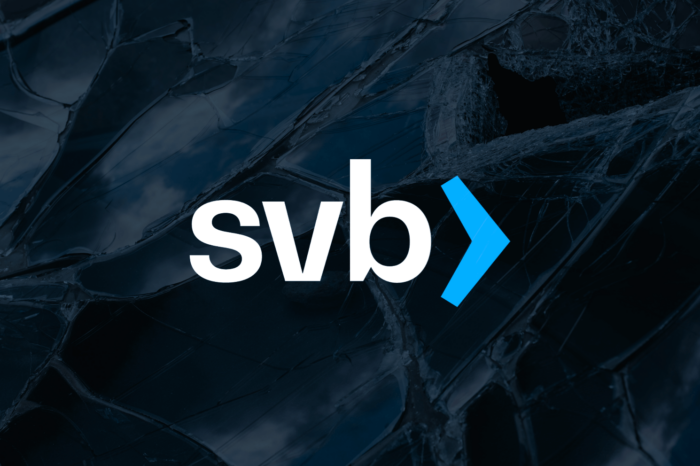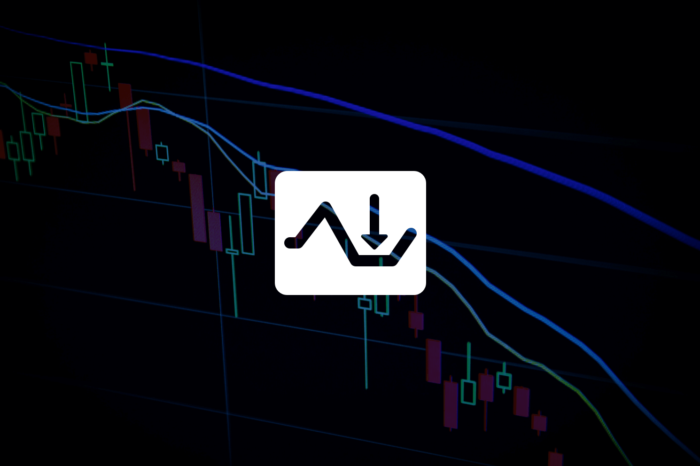Boring stocks are good for your RRSP

Your RRSP is your money garden: plant some stocks and ETFs, walk away and watch them grow. Maybe you have five or 45 years to contribute to your RRSP until you must convert it into a RRIF at age 71. Regardless, you want to invest long-term, not trade short-term. We’re talking consistent, growing and low volatility. Safe….Boring.
Boring is good. Don’t expect explosive growth, like Shopify other tech stocks, but steady eddys that pay a regular dividend with a stock price that rises modestly over time. Beyond the usual recommendations for banks, utilities and telcos, here are five boring RRSP ideas:
Bored investors get paid, says advisor David Baskin. Keyera ships and stores natural gas across North America using 4,000 km of pipelines and 17 natural gas processing plants located in western Canada. Baskin likes it because Keyera has a deep moat and keeps increasing its 5.33% dividend to make investors happy. It’s currently $5 off its 52-week high of $38.91, but is up 33% year-to-date.
Advisor Bryden Teich holds Keyera in his core infrastructure portfolio, because of its stable business and dividend yield. He recommends it for RRSPs.
Keyera is also a long-term core holding for Zachary Curry who also expects the dividend to keep growing as Keyera expand into the US. Company guidance is strong for the balance of the year.
Over the next three years, Keyera has several projects coming online. This past May, a large gas plant came onstream and it will ramp up volumes in the second half of 2019. An octane plant is also coming, and Keyera just announced another pipeline project in the Montney and Duvernay areas. Dennis da Silva forecasts a 10% annual increase in earnings through to 2022. Keyera’s price target is $39.34.
Though Keyera is regarded as an infrastructure play, it is sensitive to energy demand. Andrew Pyle feels it has a little more room to run now, but advises cautioun near the end of the summer. Christine Poole sums up Keyera nicely: an income provider for shareholders.
Brookfield Property Partners (BPY.UN-T)
Any Brookfield stock could belong in an RRSP, but Bruce Campbell (of Campbell and Lee) likes BPY.UN because it’s the cheapest of the family and pays a 6.81% dividend. Joshua Varghese feels that now is a good time to own BPY.UN due to its discount to NAV and the lower interest rate environment. He offers one caveat though: BPY.UN holds a lot of retail shopping centres, which may require capital investment in the future.
David Cockfield owns BPY.UN for its global and sector diversification, holding commercial as well as industrial properties. He also likes its safe dividend. He suggests waiting for a pullback before stepping in.
Javed Mirza‘s technical analysis indicates that BPY.UN’s longer-term downtrend has broken and is near its 200-day moving average. He likes its current risk-reward profile, but would limit downside risk to levels just above $24. BPY.UN is currently trading above that, though below its 52-week high of $28.49, so wait for a pullback during summer volatility.
Lower interest rates will help BPY.UN, because its properties are leveraged. David Baskin stresses that an investor should own a Brookfield stock with a long, long time frame. This strategy and its consistent, high yield make BPY.UN a good fit for an RRSP.
Chorus leases airplanes and operates Air Canada Jazz. In January, Air Canada and Chorus extended their purchase agreement by 10 years that allows Chorus to supply AC’s regional service through 2035. This will grow Chorus’ revenues by $940 million for a contracted total of $2.5 billion in aircraft leasing and fixed fees over the next 17 years. The deal, says James Hodgins, makes Chorus a safe stock to pick up late in the cycle. It pays a 6% dividend yield at only a 55% payout ratio. Though the analysts’ price target is $9.36, Chorus is currently trading near 52-week highs just below $8.
James Hodgins predicts the dividend will increase, adding that Chorus’ earnings are not as correlated to the economy as Air Canada’s. Chorus is his largest equity position.
Looking at the bigger picture, Bruce Campbell (of Stone Castle Investment) says that the airline business will continue to grow and that Chrous is doing well here, enjoying a wide profit margin, and will likely raise its dividend.
However, Technical analyst Keith Richards needs Chorus to break above its $8 before he buys it. The stock has tried but failed to rise above that level in the past. However, Hap Sneddon expects Chorus to rise above $8.
SOXX-Q, the iShares PHLX Semiconductor ETF
I know, I know. I said tech stocks are too risky for an RRSP, but SOXX-Q, recommended by Kim Bolton (who specializes in tech) offers a way to invest in high-growth technology with minimal volatility. It even pays a small dividend of 1.23%.
John Hood agrees that SOXX-Q is a good long-term hold because it equal-weights the semis, which Bolton calls the “ ammunition which drives tech.” No surprise that this sector is volatile, but Hood feels tech is worth owning using this ETF which charges 47 basis points. Further, in an RRSP, this Nasdaq ETF is immune from the American withholding tax. NVIDIA, Broadcom, Qualcomm and Texas are included in this basket. Year-to-date, SOXX has outperformed NVIDIA by roughly 30% and Broadcom by 100%. Stan Wong expects a US-China trade agreement to lift this ETF and sector.
Utilities Select Sector SPDR Fund (XLU-N)
It’s in a super-predictable industry (American utilities), pays a 3.1% dividend, is cheap to buy at only 13 basis points and will benefit if interest rates stay low which looks highly likely. Cameron Hurst feels XLU is good to hold in a downturn, because of its predictible revenue. It’s the best of the bond proxy sector, backed by energy trends (with XLU’s top three holdings being in renewable energy), and the modernization of infrastructure. Don’t expect this ETF to be a hero, but a steady eddy. Larry Berman does not like it on a risk/reward basis, but admits XLU is a safe bet when stocks collapse—and he predicts a recession within 12 months.
You can invest in these recommendations yourself at Questrade, Canada’s leading discount brokerage. Questrade does not charge annual account fees for self-directed accounts, using their fast, free and easy-to-use platforms for mobile, desktop and web trading. Make informed decisions with powerful research, evaluation and monitoring tools. Or, get a diversified low-fee portfolio managed by a team of experts so you can get to your goals faster.






